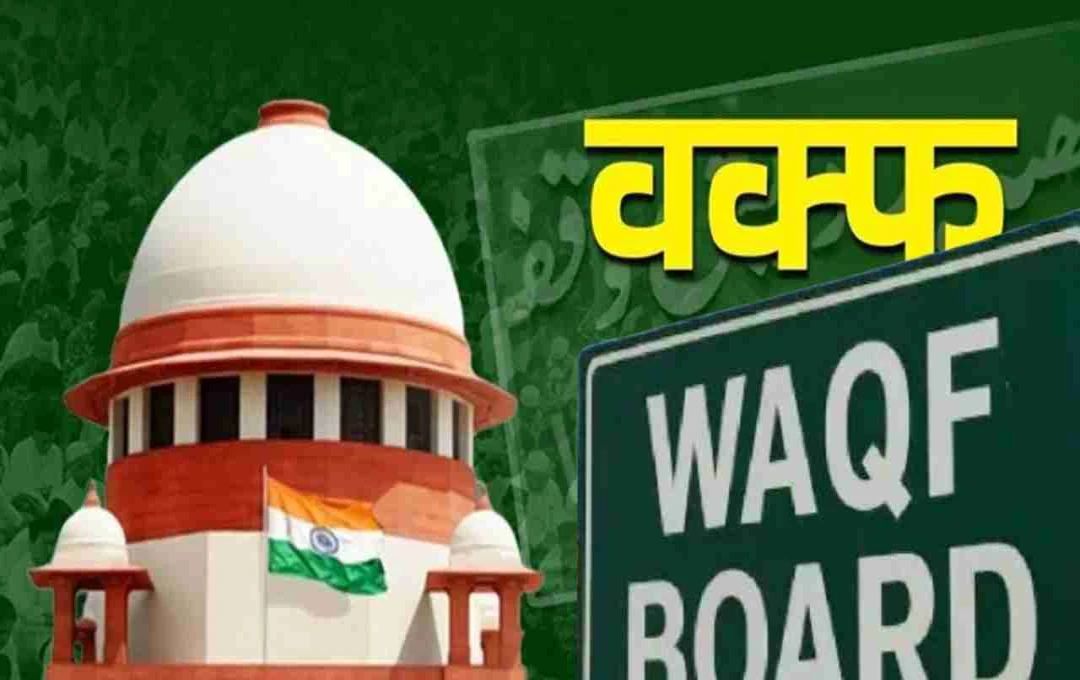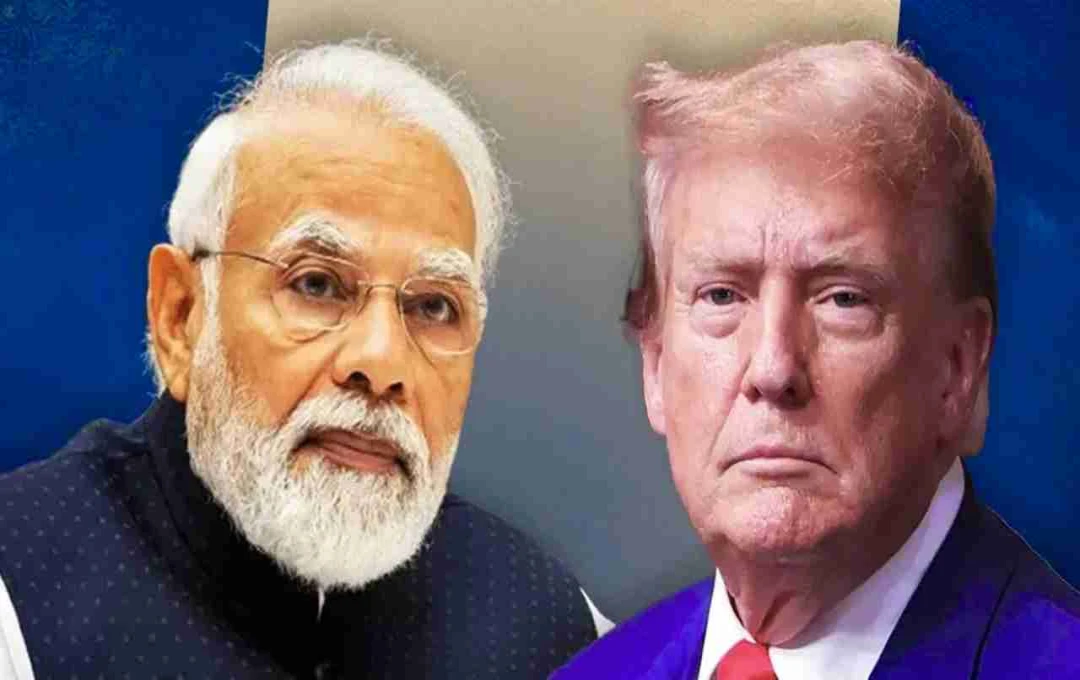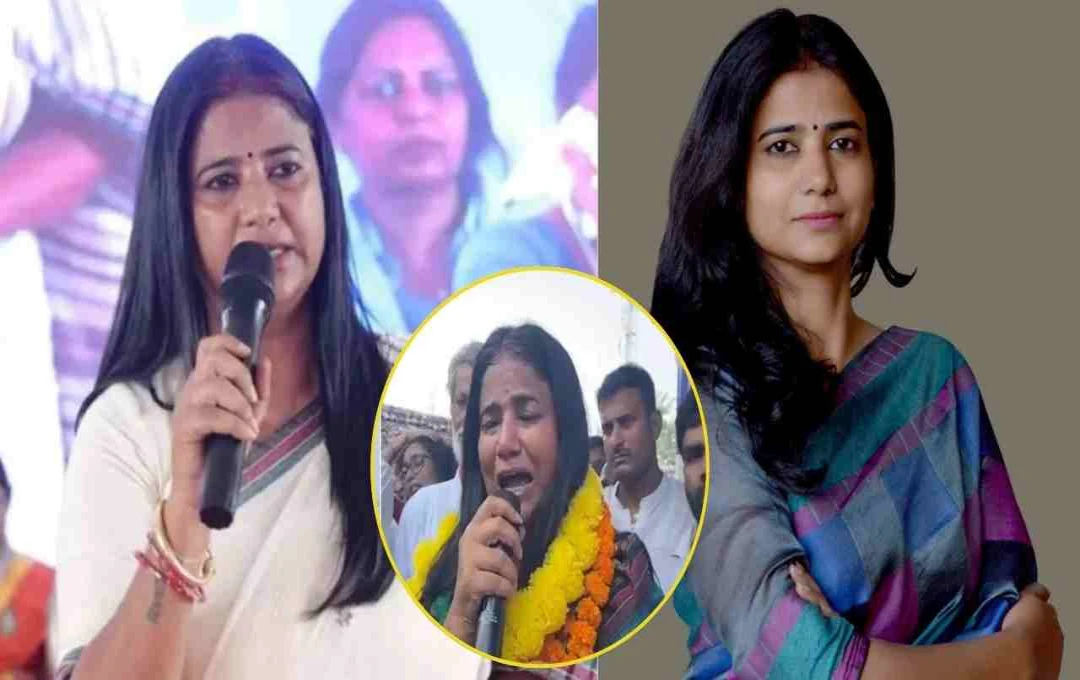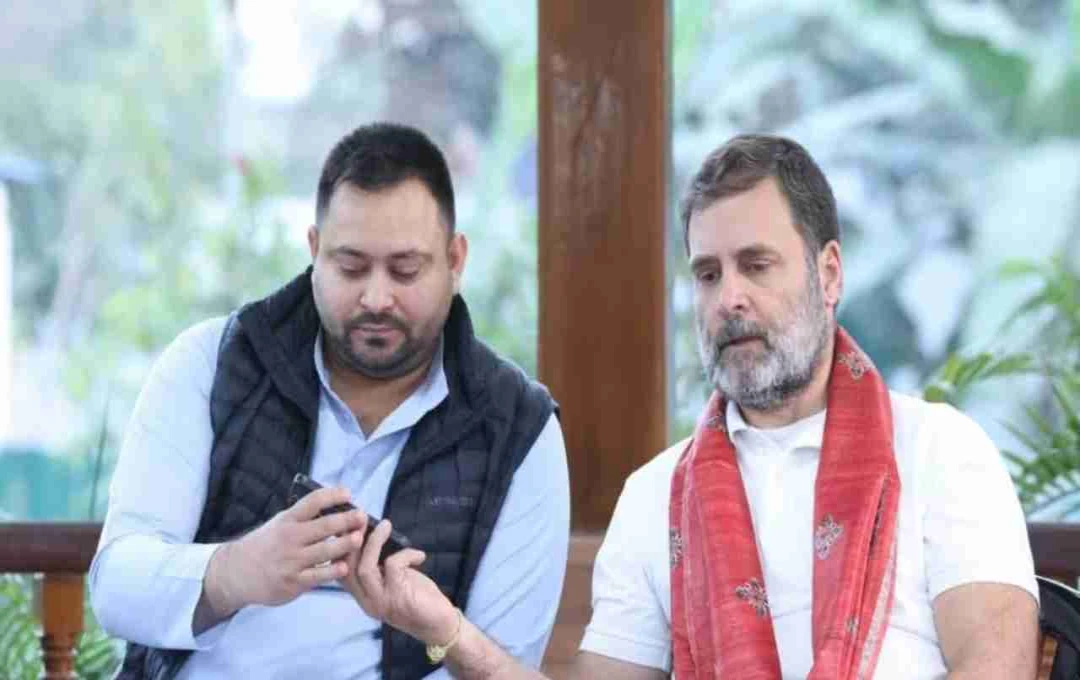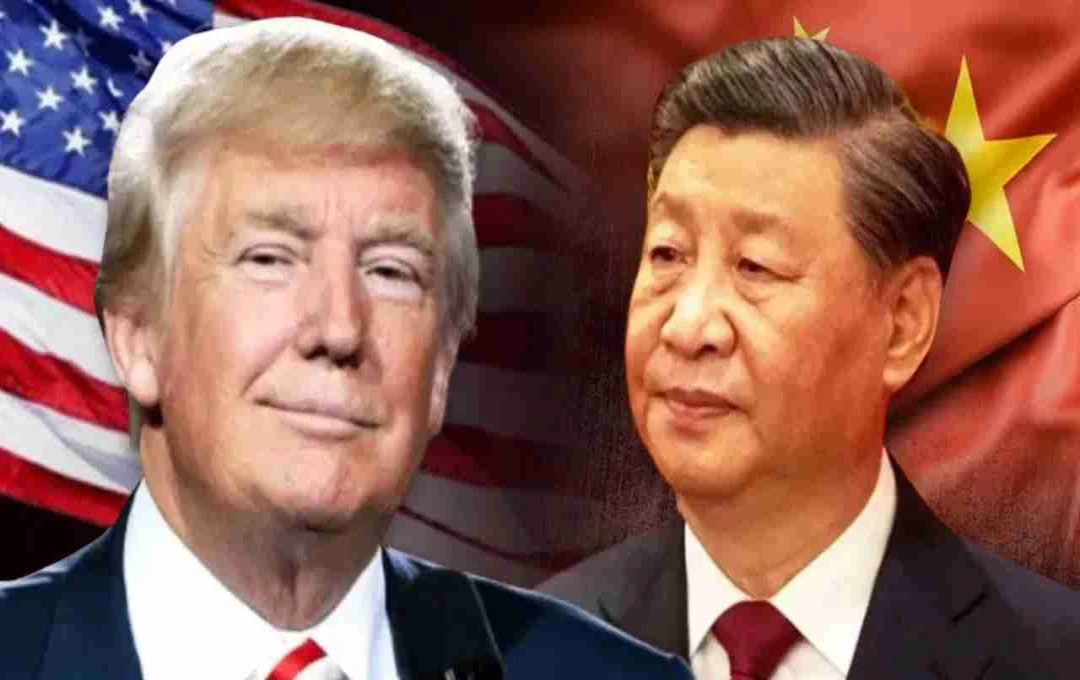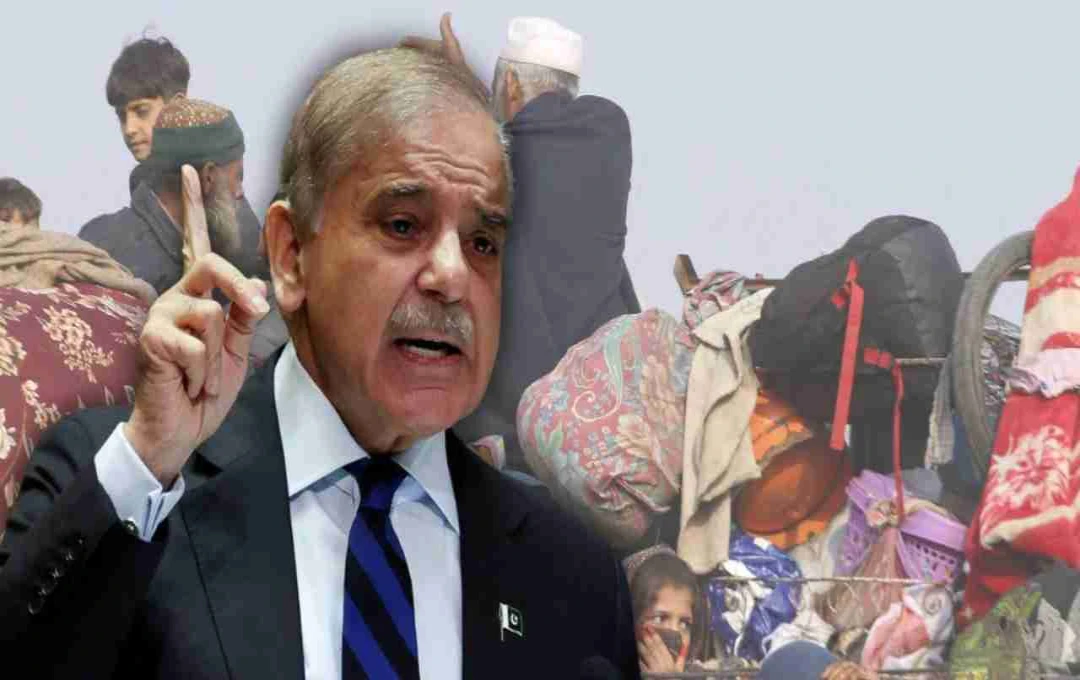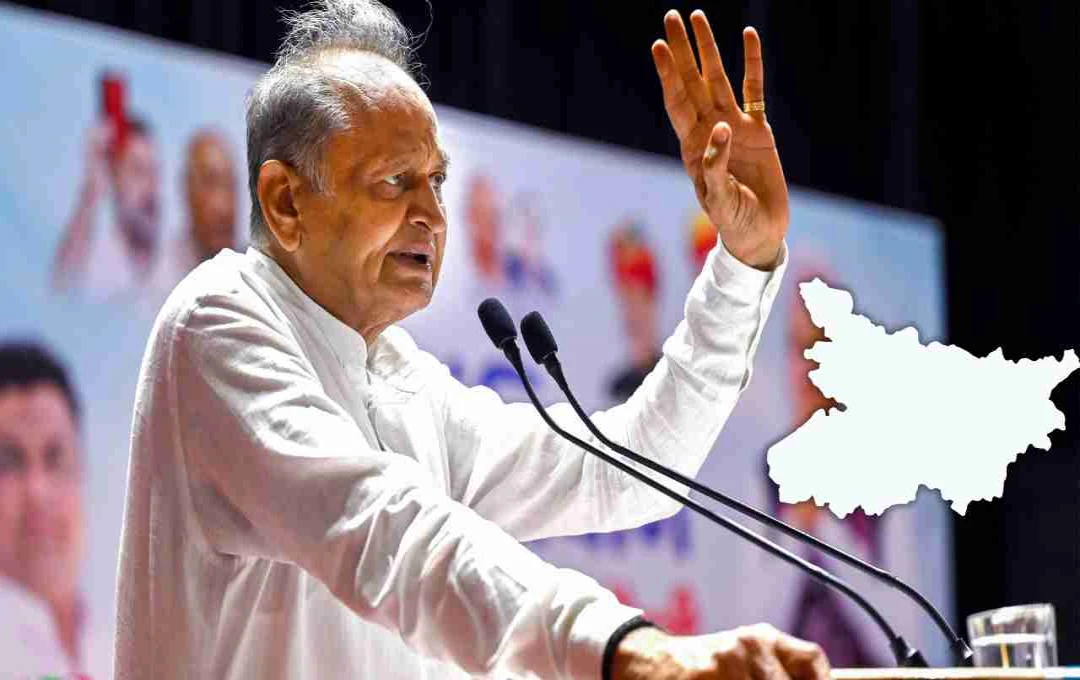Validity of the Wakf Act 2025 Challenged in Supreme Court; Court Stays Action Pending Concrete Grounds
New Delhi. The Supreme Court heard petitions challenging the validity of the Wakf Amendment Act 2025 on Tuesday. The court explicitly stated that a solid and clear basis is required to revoke or stay any law. Courts do not impose interim stays on laws unless a clear case is presented.
This observation was made by the Supreme Court bench when petitioners sought an interim stay on the Act. Following this remark, it became clear that no immediate relief would be granted regarding the Wakf Act 2025.
Kapil Sibal Argues Act Violates Religious Freedom
During the hearing, senior advocate Kapil Sibal, representing the petitioners, argued that the Wakf Act 2025 violates the religious freedom rights of Muslims. He claimed the Act aims to bring Muslim community's religious properties under government control.
Sibal appealed to the court to stay the provisions of the Act until a final decision on the petition. He raised issues such as the termination of Wakf properties without due process, the abolishment of recognition of Wakf by user, and the inclusion of non-Muslim members in Wakf Boards.
Central Government's Argument: Wakf is a Secular Institution
Meanwhile, the central government defended the Act, stating that the nature of Wakf is secular and the law is not against any particular community. Solicitor General Tushar Mehta, appearing for the central government, said the amendment was made to ensure the monitoring and transparency of Wakf properties.
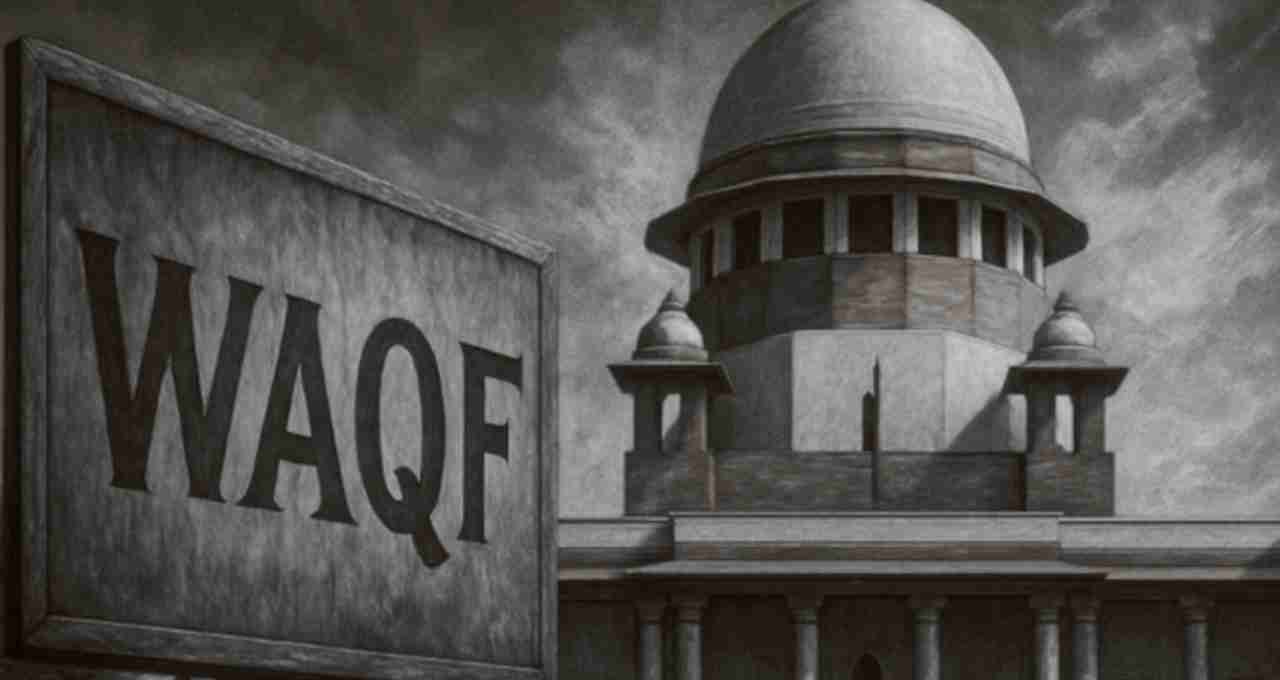
He urged the court to limit the hearing to three main issues on which the central government had submitted its response. However, the petitioners opposed this, arguing that the hearing should encompass all aspects of the Act.
Court Questions: Was Wakf Property Registration Previously Mandatory?
During the hearing, the Supreme Court bench posed several questions to the petitioners. A key question was whether the registration of Wakf properties was mandatory under previous laws. And if not, does the non-registration terminate the Wakf identity of the property?
Sibal responded that under previous laws, the Mutawalli (trustee) was responsible for registering the Wakf property, but non-registration did not invalidate the Wakf. The new law states that if a Wakf is unregistered and the name and address of the Wakf grantor are unknown, the property will not be considered a Wakf. He argued this violates fundamental rights.
Three Main Issues on Which the Center Requested to Limit the Debate
- Power to Denote Wakf Properties: Who should have the authority to remove properties declared as Wakf by courts?
- Structure of Wakf Board and Wakf Council: Can non-Muslim members be included in these bodies?
- Declaration of Wakf Property as Government Land by Revenue Officials: Should the Collector have this authority?
The central government proposed focusing the debate on these three points, but the petitioners disagreed.
Arguments of Other Senior Lawyers
Besides Kapil Sibal, senior advocates Abhishek Manu Singhvi, C.U. Singh, Rajiv Dhawan, and Huzaifa Ahmadi also presented their arguments on behalf of the petitioners. The main demand of all lawyers was to stay the implementation of the law until a final decision on the petition.
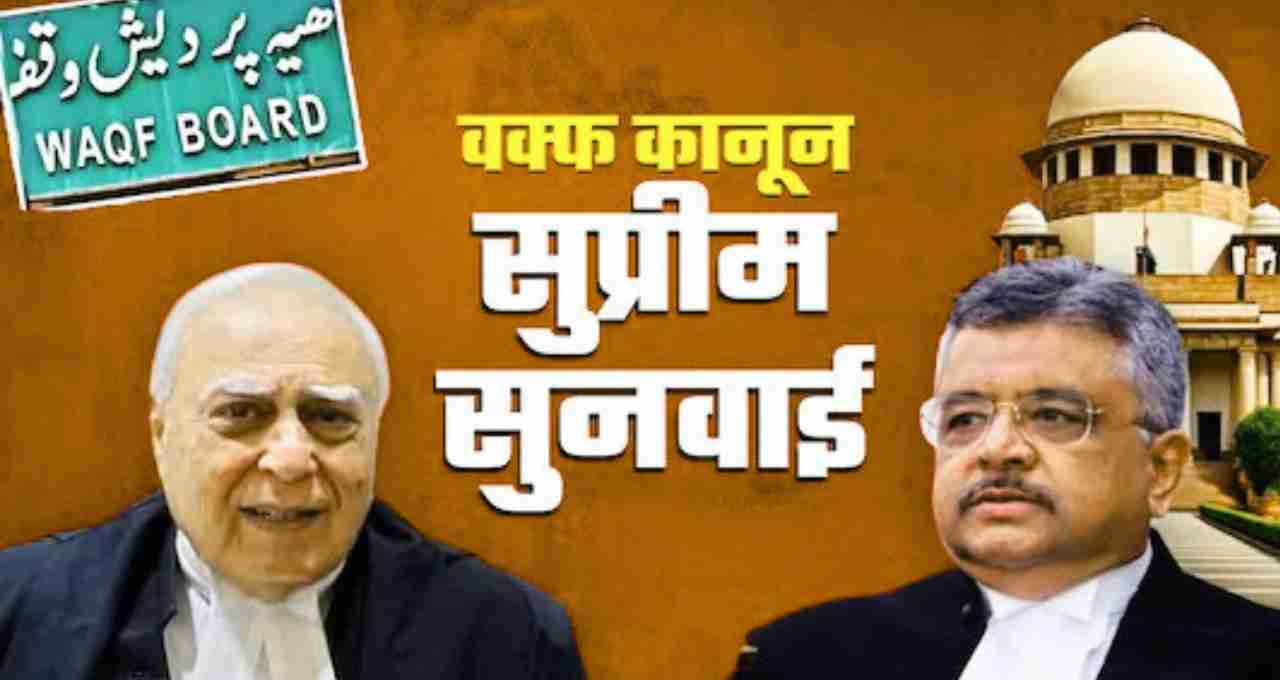
Singhvi stated that such hearings cannot be conducted piecemeal and a complete review of the law is necessary. He also argued that treating unregistered Wakf properties as non-Wakf could eliminate the identity of many historical and religious sites.
Example of Khajuraho and Ancient Monument Dispute
During the hearing, Chief Justice B.R. Gavai cited an interesting example. Referring to the Khajuraho temples, he noted that they are ancient monuments, yet worship still takes place there. This doesn't negate their religious significance. Sibal argued that the new law states that if a property is declared a protected monument, its Wakf identity is terminated, effectively ending the community's religious rights over that property.
Petitions by AIMIM and Jamiat
A total of five petitions have been filed in this case, prominently including those from AIMIM president Asaduddin Owaisi and Jamiat Ulama-i-Hind. These petitions challenge the Wakf Act 2025, arguing it violates Articles 25 (religious freedom) and 26 (right to manage religious affairs) of the Constitution.
Central Government's Assurance
In the previous hearing, the central government assured the court that until a final decision on the petition, neither non-Muslim members would be appointed to the Central Wakf Council and state Wakf Boards, nor would the nature of notified Wakf properties be changed.
